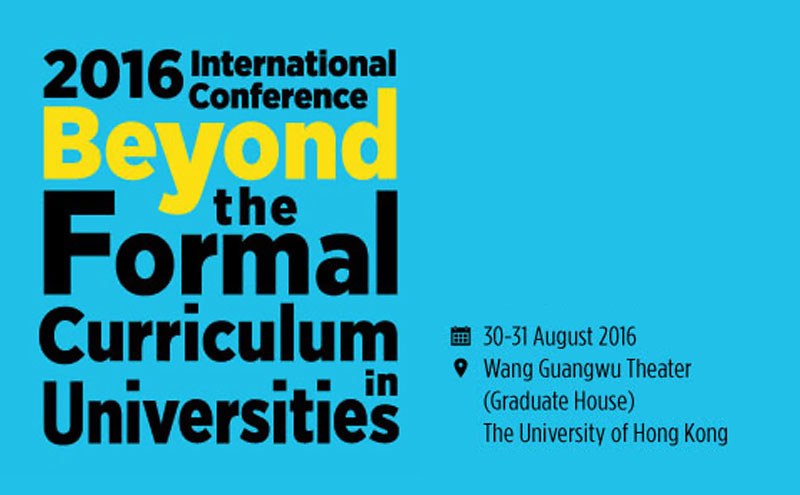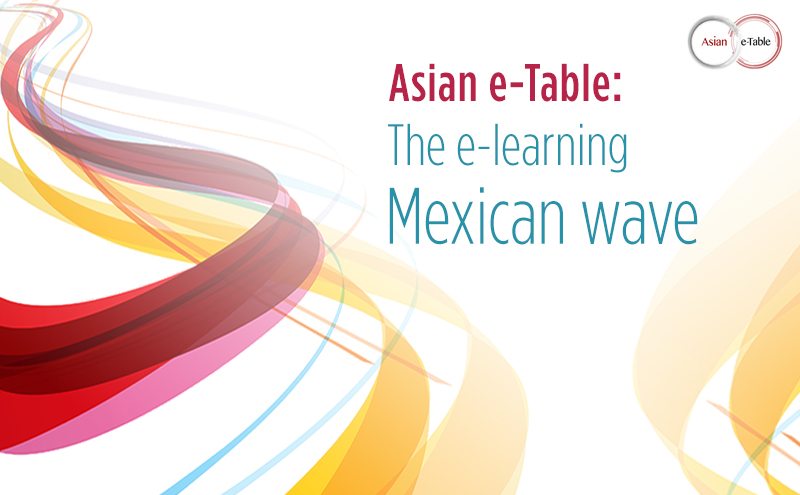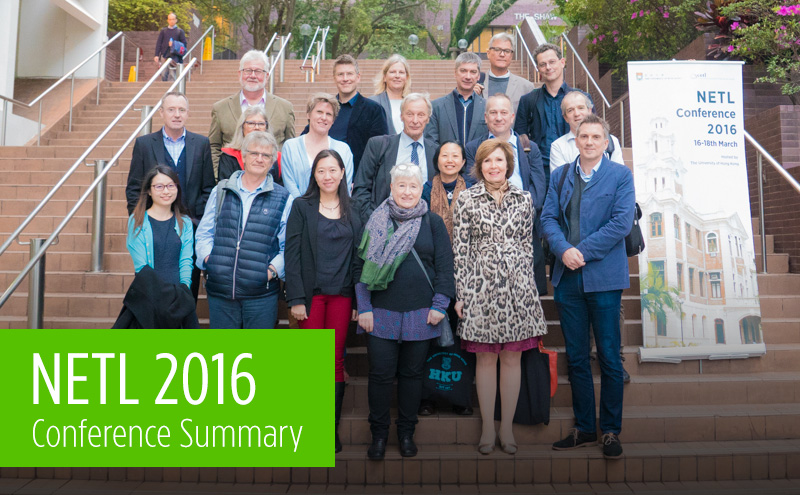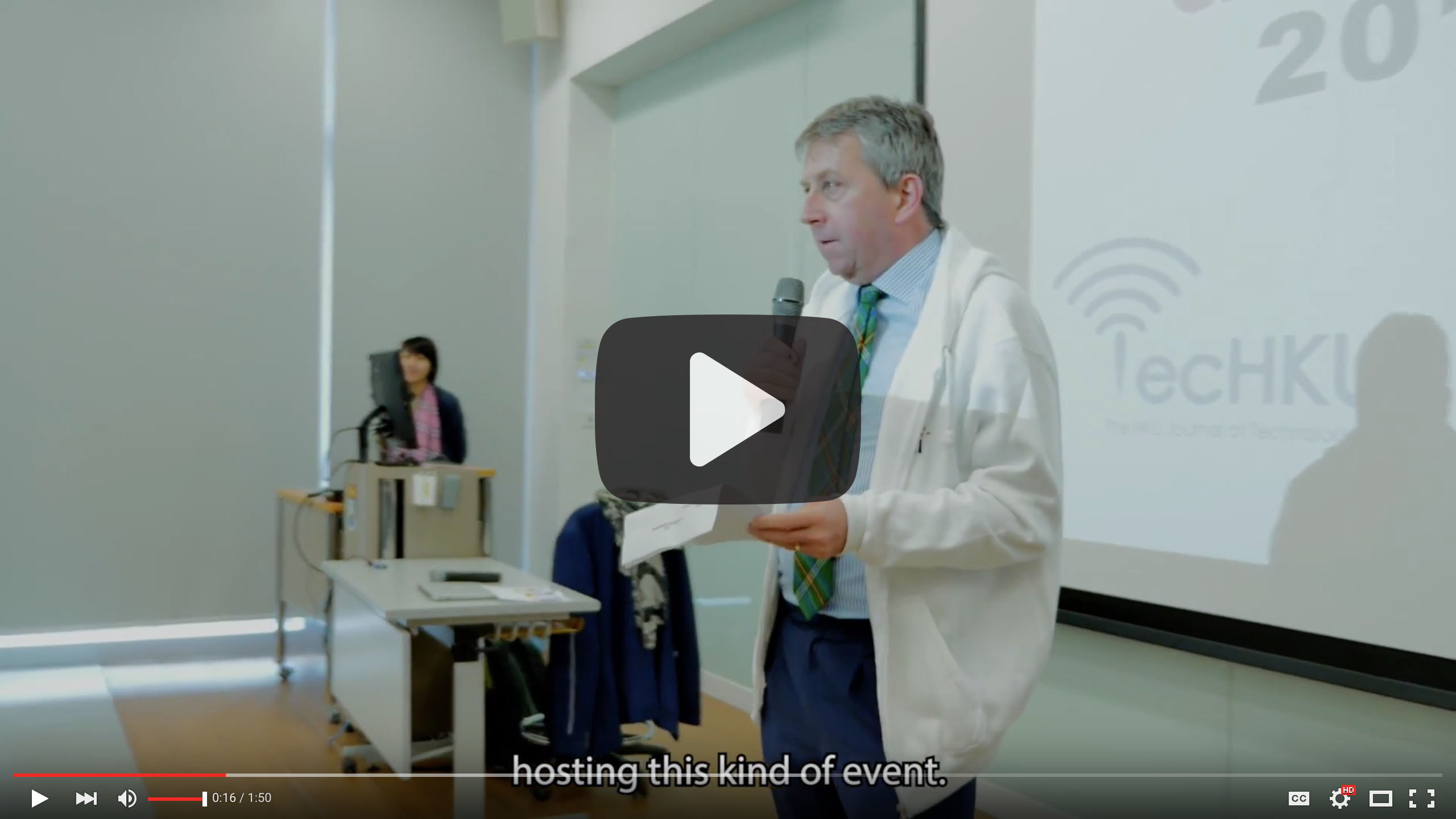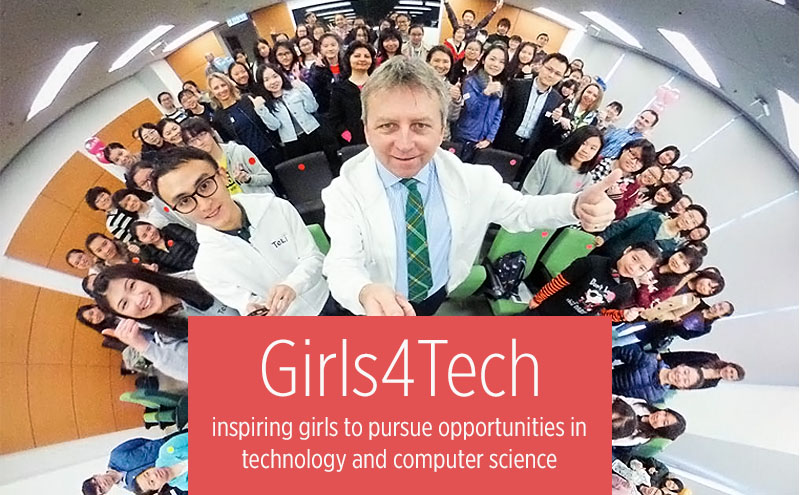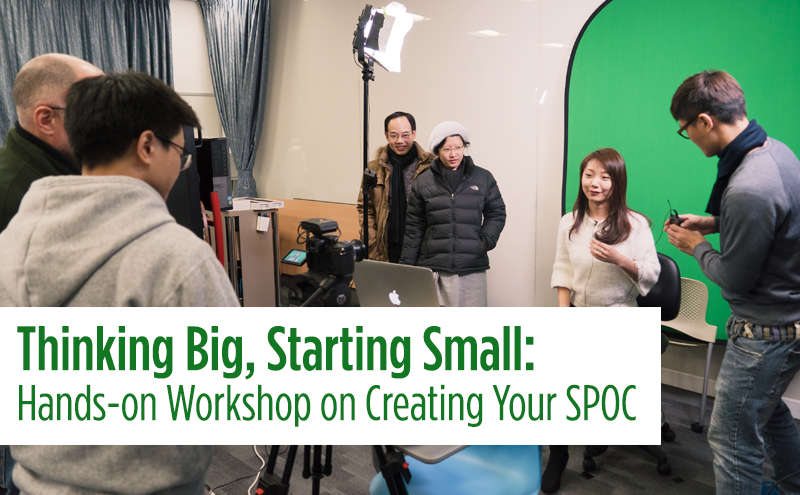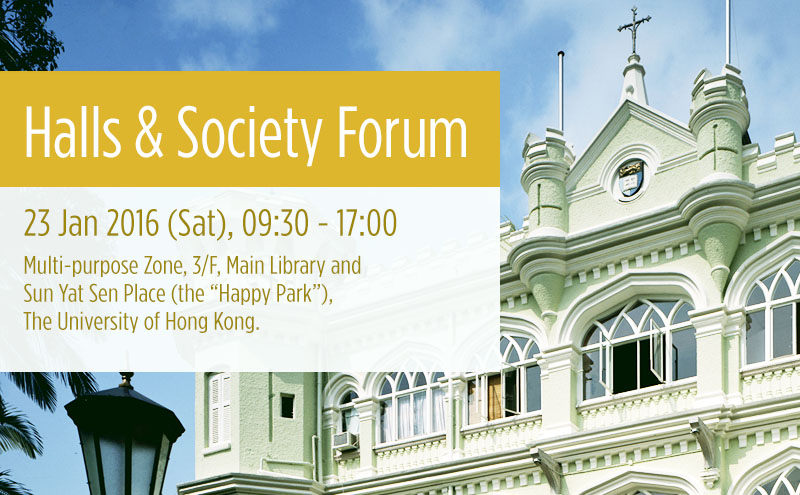Conference Summary
The International Conference – Beyond the Formal Curriculum in Universities was held on 30-31 August 2016 by the Centre for the Enhancement of Teaching and Learning (CETL), Professional Development and Capacity Building for Residential Education (ResEd) Project, and Hall Education Development (HED) Project at The University of Hong Kong (HKU). The conference concentrated on hall and residential education, including its history, challenges, role in skill development and personal growth, and the future directions of such education in Hong Kong and around the world. With Keynote speakers coming in from Cambridge, Harvard, and the National University of Singapore (NUS), over 200 academics and professionals attended, coming from other higher education institutions in Hong Kong and around Asia.

|

|
The event began with some warm welcoming remarks from Professor Peter Mathieson, President and Vice-Chancellor of The University of Hong Kong, followed by those of Professor Sandra Tsang, Chairperson of the Committee on Halls, and the Conference Chairperson and Warden of the RC Lee Hall, Dr Robert Chung.
Reverend Duncan Dormor, Dean of St John’s College at the University of Cambridge, was the first to take the stage with his keynote presentation “‘Jewel in the Crown?’ The Oxbridge College: Its Origin, Character and Future”. Touching on the history of the college model in higher education, he highlighted how collegiality in the Oxbridge residential colleges – inclusive of college allegiance, belongingness, interdisciplinary learning and relationship building – acted in combination with a plethora of extracurricular and academic opportunities to emphasize and develop a strong character and college spirit, amidst a rich array of activities, clubs, traditions, tutorial systems and research opportunities.

|

|
The next session, titled “From Present to Past: The Evolution of Hall/Residential Education”, was chaired by Dr Kaimin Shih, Warden of the Suen Chi Sun Hall. The presentations focused on past developments in residential education up to the present day, in both HKU and at the University of Macau (UM). The HKU presentations included an overview of our halls in following the Oxbridge residential model, the establishment of residential colleges and how they compare to traditional halls, and the continued challenge of promoting internalization in halls where Cantonese is the dominant language, while the UM presentation explained how its newly established Residential College System helped students attain overall learning outcomes. Presenters included Dr Eric Chong (Warden of St John’s College, HKU), Professor Haydn Chen (Vice Rector of Student Affairs at UM), Ms Rainbow Wong (Acting Deputy Master of the Chi Sun College, HKU) and Mr Kevin Yung (Senior Resident Tutor in Simon KY Lee Hall).

|

|
In the afternoon, Professor Kenneth Leung, Warden of Morrison Hall, led a panel discussion on residential education around the world, aptly titled “Hall and Residential Education in a Global Perspective”. Reverend Duncan Dormor and Professor Hayden Chen returned on stage as panelists and were joined by Mr Renaldo Michael Pearson (Academic Coordinator of Winthrop House at Harvard University) and Professor Adekunle Adeyeye (current and founding College Master of the Ridge View Residential College (RVRC) at NUS). The discussion began with each panelist outlining the hall system at their respective universities, and followed with an in-depth exchange about ongoing challenges, which included the need to embrace diversity of both student and staff in halls, the sustainability of residential models and the development and assessment of generic competencies. The panelists concluded with a unanimous agreement that the most rewarding aspect of their work was the opportunity to work closely with students and watch them in their growth and achievements.
The last session of the day was chaired by Dr Siu Man Ng, Warden of the Simon KY Lee Hall, titled “Hall and Residential Education in Hong Kong”. Presentations were focused on the current position of residential education in Hong Kong (with specific examples from HKU and Lingnan University). Some speakers presented student responses to surveys regarding residential education and hall life, with further suggestions made to address concerns raised by the surveys, such as the need to implement strategies targeted at nurturing self-care and independence of residents. Presenters included Professor Annie Chan (Warden of the William MW Mong and Bank of East Asia Hall, and Associate Dean of Social Sciences at Lingnan University), Mr David Choi (undergraduate student at HKU), Dr Robert Chung, and Dr Maggie Zhao (Director of the Teaching and Learning Evaluation and Measurement Unit, HKU).

|

|
Day two kicked off with a keynote presentation by Professor Adekunle Adeyeye titled “Transmission from Home to College: Opportunities and Challenges in a Year One Residential College”. He began with stressing the need to assist freshmen students in transitioning into the university, and detailed a programme in RVRC that aimed to help students develop academic and co-academic learning components. The programme includes peer mentorships, industry dialogues and community building activities, and also provides regular fieldtrip and project opportunities for students to connect with a problem to integrate classroom learning and theory with reality and experiences. Going forward, Professor Adeyeye acknowledged the challenge of integrating the college’s program with the university’s, and the need to continue establishing the RVRC’s name and brand.
Professor Thomas Ng, Warden of the Lee Shau Kee Hall, chaired the next session titled “Measuring and Assessing Learning Experiences in Hall and Residential Education”. Discussions focused on the importance of residential education in developing soft skills and generic competencies, and the specific programs and activities offered at certain residences that promoted experiential learning, artistic exploration, and personal growth of resident students. Presenters included Dr Cecilia Chan (Head of Professional Development, CETL, HKU), Professor Spencer Benson (Director of the Centre for Teaching and Learning Enhancement, UM), Dr Natalie Pang (Faculty in Residence at Crescent Hall, Nanyang Technological University), and Professor Greg Peterson (Fellow at the College of Alice & Peter Tan, NUS).

|

|
Representing Harvard’s Winthrop House, Mr Renaldo Michael Pearson was next to give his keynote presentation titled “Why Harry Potter Chose Harvard: A House System that Continues to Cultivate Top Talent”. He drew on the Hogwarts School of Witchcraft and Wizardry, as featured in the fictional Harry Potter series, to detail Harvard’s houses, residential system, and intermural activities. He also put particular emphasis on the organizational structure of the houses – inclusive of faculty deans, academics, and residential and non-residential tutors – and its irrefutable role in supporting the robust character building experiences and successful undertakings of Harvard’s students.
The conference concluded with a session titled “The Way Forward: Professionalization and Specialization”, chaired by Professor Raymond Cheung, Warden of the Lee Hysan Hall. Structured as a panel discussion, presenters discussed various pressing needs of residential halls, particularly in HKU. Multiple suggestions were made in regards to the continuing need for professional development, academic advising and staff training in residential education. Concerns regarding student discontinuation and suicide were also brought forth, with panelists urging the continued need to help students directly in coping with hall life stressors. Speakers included Dr Wilton Fok (Senior Resident Tutor of Suen Chi Sun Hall), Ms Katherine Wan (Head of the Academic Advising Office, HKU), Professor Anthony Yeh (Vice-Chairman of the Committee on Discontinuation, HKU), Ms Linda Yeung (Clinical Psychologist at the Centre of Development and Resources for Students (CEDARS), HKU), and Professor Paul Yip (Director of the Centre for Suicide Research and Prevention, HKU).

|

|
In his closing remarks, Dr Robert Chung emphasized the importance of continuing intellectual pursuits in hall and residential education, and expressed his enthusiasm in pursuing new endeavors with new collaborators. Echoing the word “Beyond” in the name of this maiden conference, Dr Chung looked towards the future and voiced his hope that everyone would continue their efforts in exploring what is next for hall and residential education, and can one day meet again to share more experiences, research and insights.



